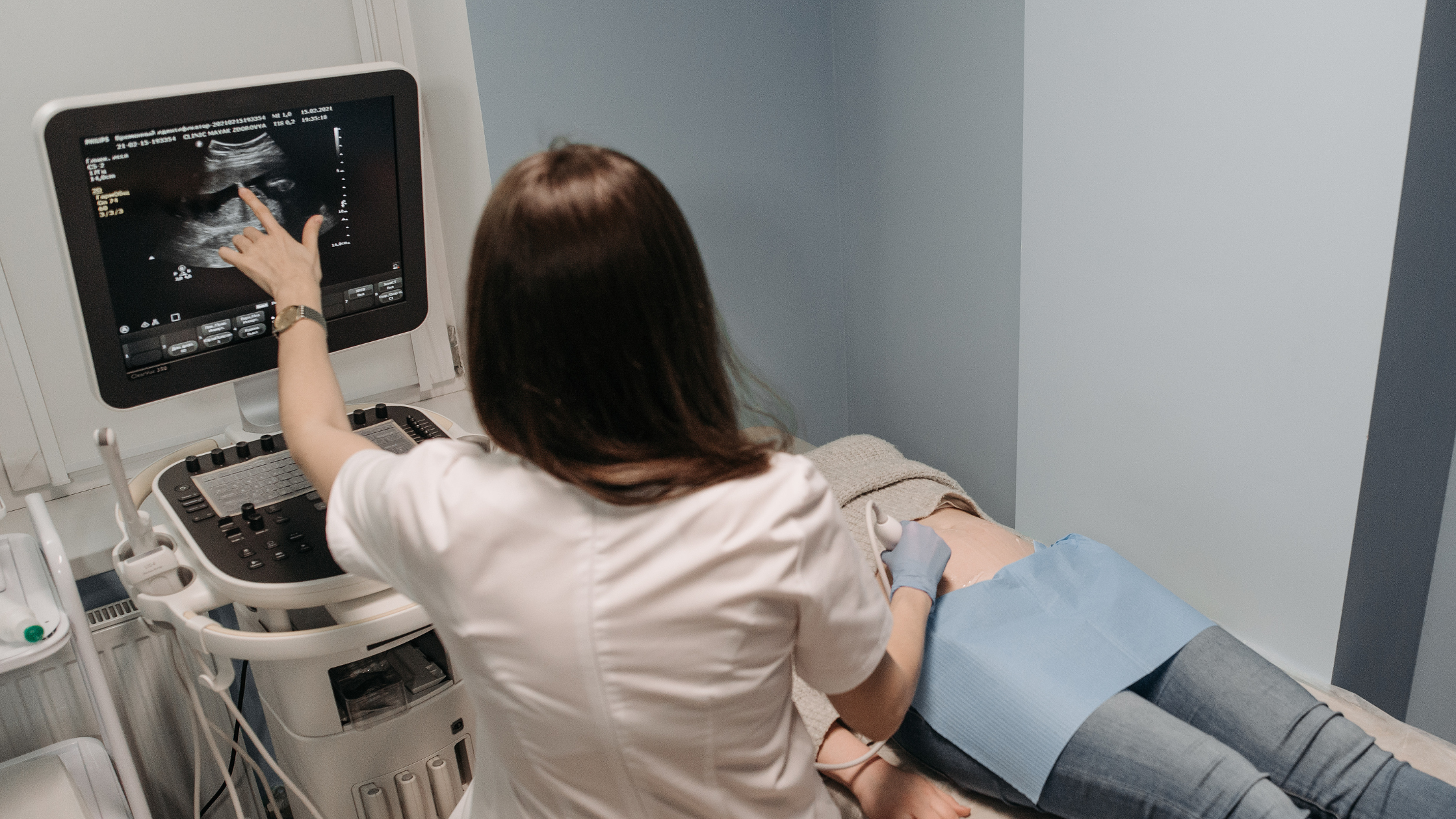Amidst the overturning of Roe v. Wade, many pro-abortion proponents have cited life threatening pregnancy complications as a means of justifying the need for ensuring abortion access. However, as Catholics we know that direct cooperation with the taking of a human life is never justified, even in cases of emergency. So where does this leave mothers with life-threatening pregnancy complications? The Church once again has an answer that encompasses love and concern for all lives involved!
What is the Principle of Double-Effect?
Dominican super-star and Doctor of the Church, St. Thomas Aquinas, outlines what is referred to as the Principle of Double-Effect. In Question 64, Article 7 of the Summa Theologiae, Aquinas uses this principle to explain why killing another in self-defense is justified. The principle is used by many theologians and bioethicists to answer whether or not an action may be taken without sin when there is both a good and an evil effect. It is often applied to rare conditions in which a mother’s life is directly threatened by a pregnancy-complication, such as in cases of ectopic pregnancies
In an ectopic pregnancy, the embryo implants in an area other than the uterus (most commonly the fallopian tube) and as it grows, has the potential to influence the rupture of internal organs, leading to life-threatening bleeding for the mother. Treatment for this complication often results in the good effect of saving the life of the mother and the evil effect of the death of the unborn child.
The Principle of Double Effect justifies acting in circumstances such as this, to bring about the good effect (saving the life of the mother), as long as four conditions are met.
Conditions That Must Be Satisfied
The action itself (i.e method of treatment for ectopic pregnancies) is morally good or neutral
The bad effect (the death of the unborn child) is only tolerated, not willed
The good effect cannot be caused by the bad effect (the life of the mother is not directly saved because of the death of the unborn child)
The good effect must be proportionate to the bad effect. (both effects are a matter of life and death in the example of an ectopic pregnancy)
It is the consensus among most bioethicists and theologians, who discern in accordance with Church teaching, that not all treatments currently offered for ectopic pregnancies satisfy all of the conditions necessary to be justified by the principle of double effect.
In the case of an ectopic pregnancy, in which the embryo or fetus has attached to the lining of a fallopian tube (the most common type of ectopic pregnancy), a surgical procedure known as a Salpingectomy, is unanimously accepted by Catholic bioethicists to satisfy these conditions as it does not directly attack the growing child (while methotrexate injections and salpingostomies do), clearly satisfying the first condition.
How Do We Respond
While the pro-abortion agenda condemns the overturning of Roe v. Wade as a threat to the lives of women, we are aware that life-affirming treatment exists for woman and mothers even in the most perilous situations. It is not too much to ask for the lives of both mother and child to be treated with dignity, even in tragedy. In the words of St. John Paul II we must “Be Not Afraid!” to courageously defend the whole health of women and their children.

